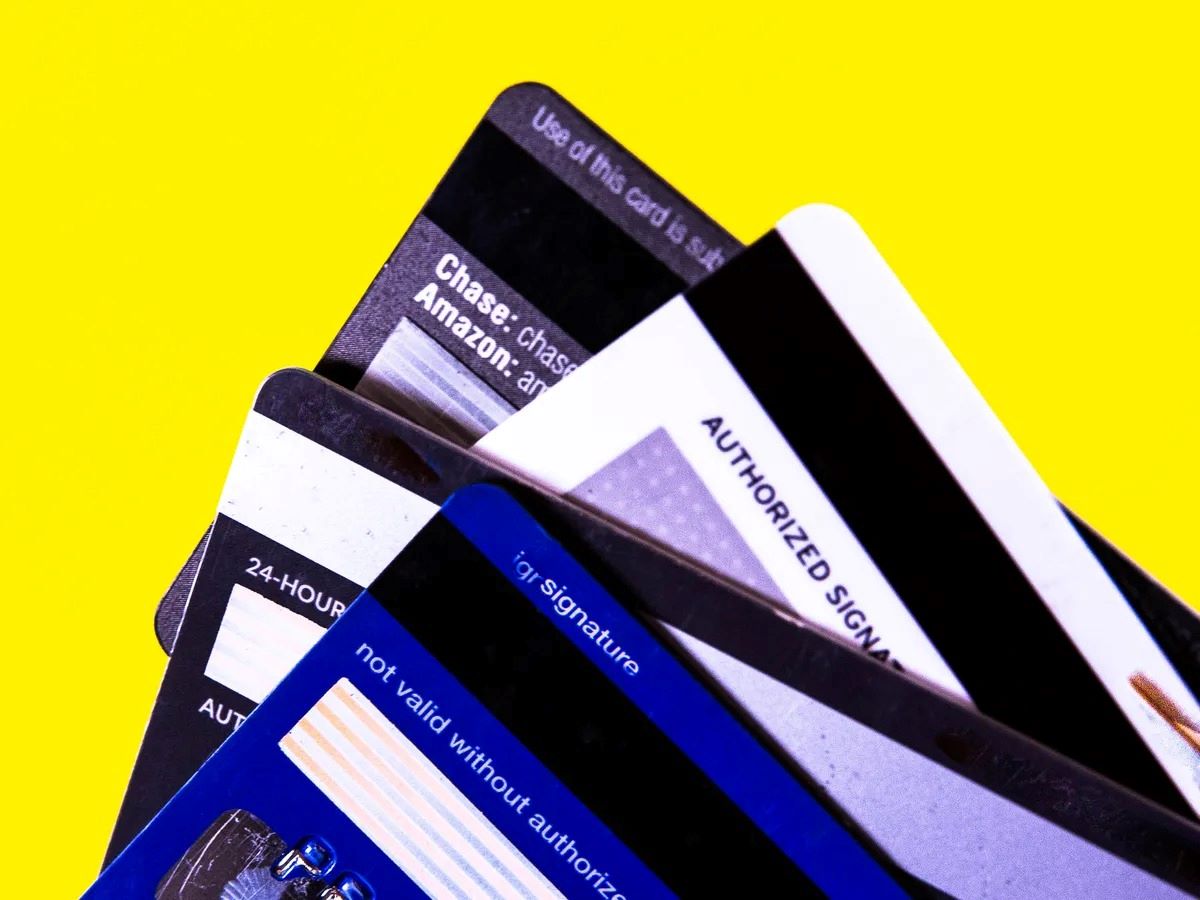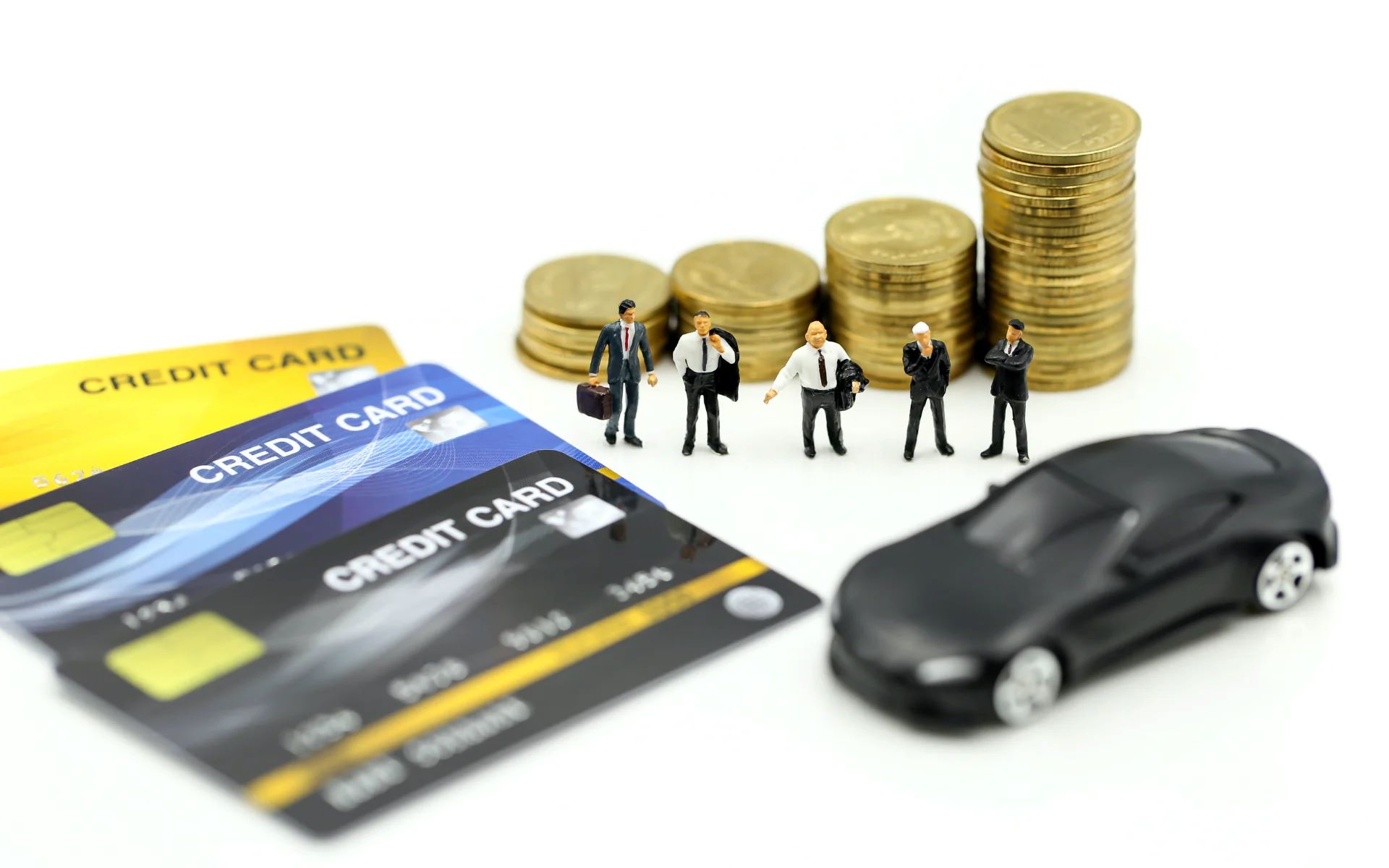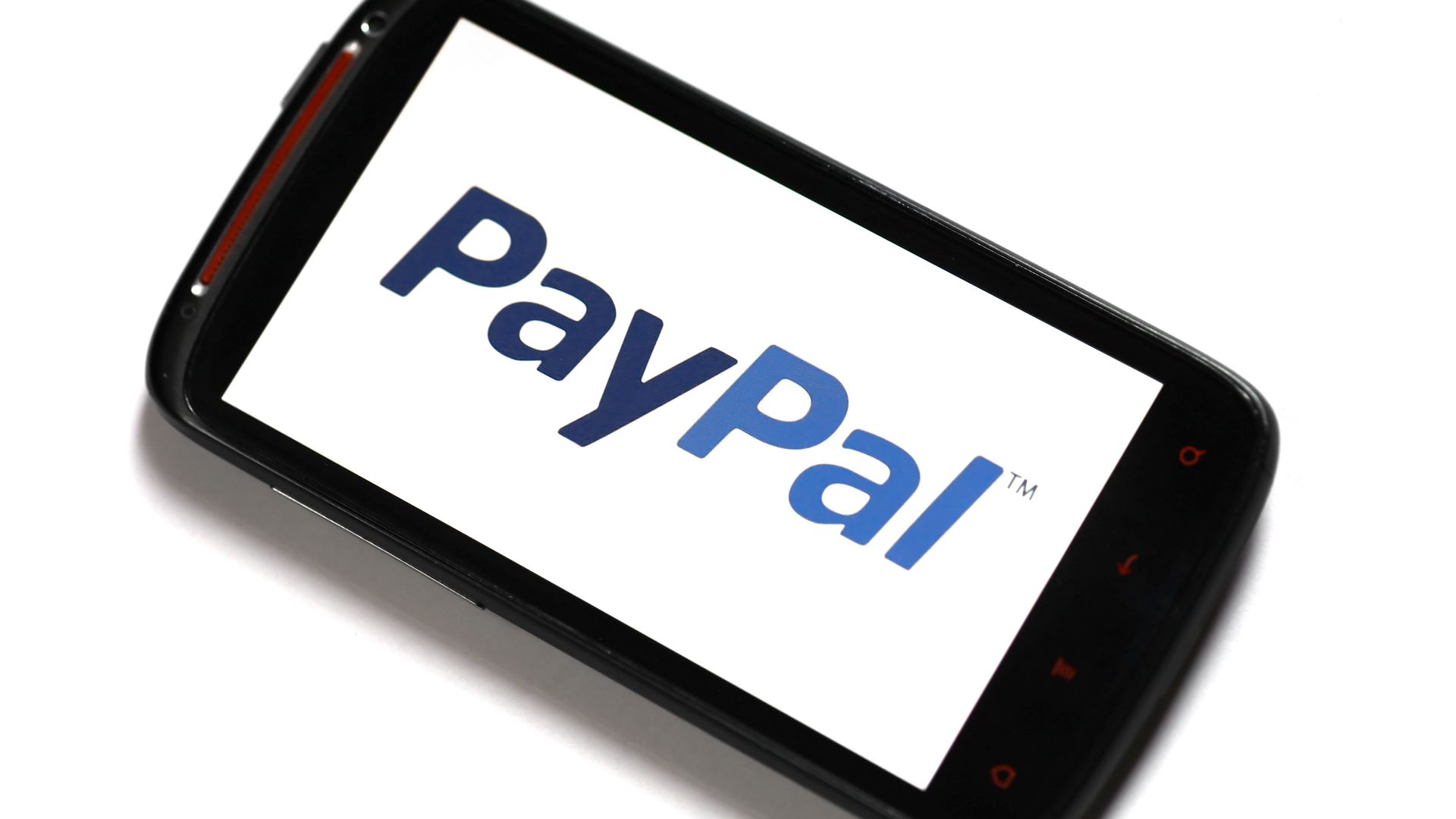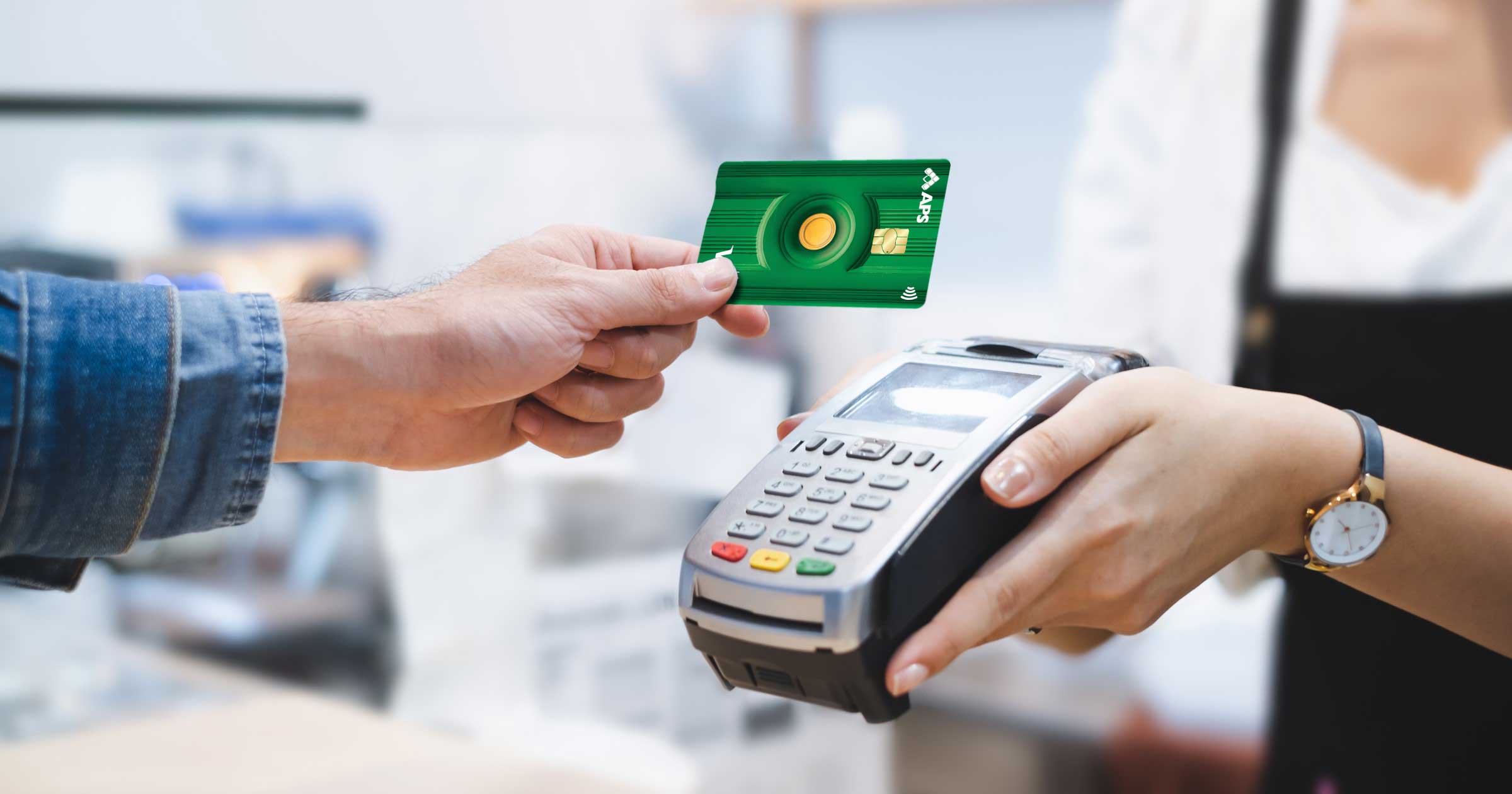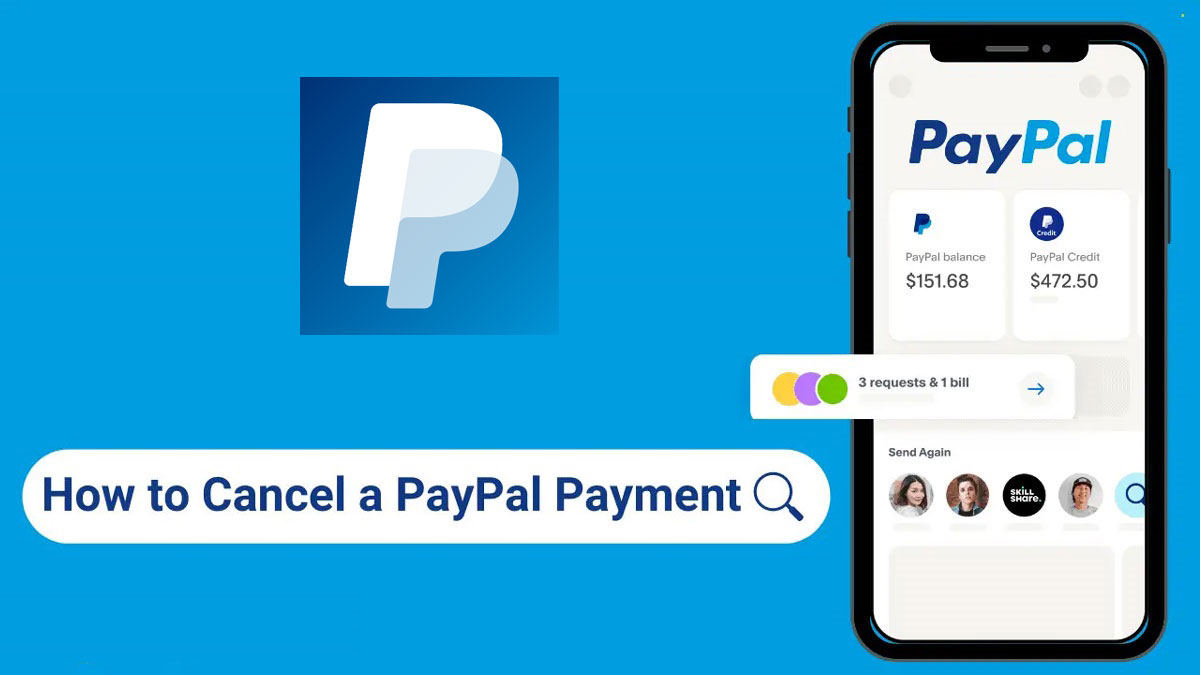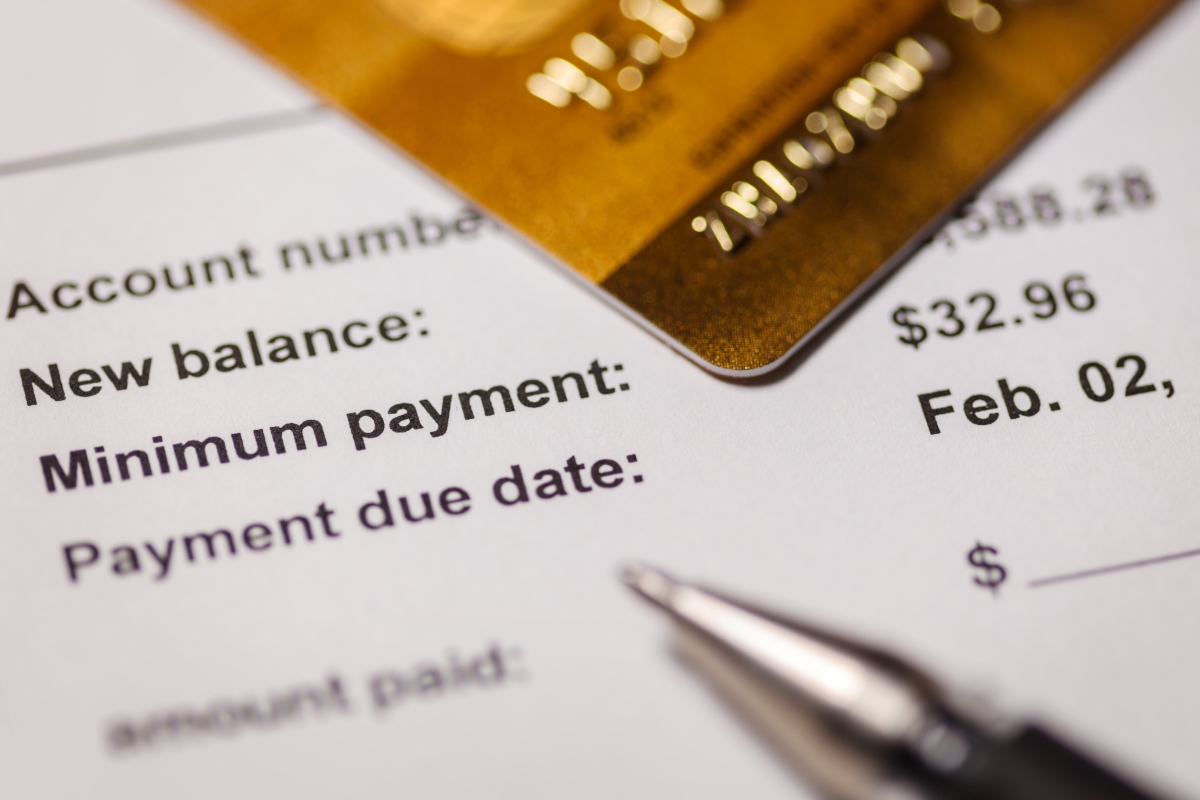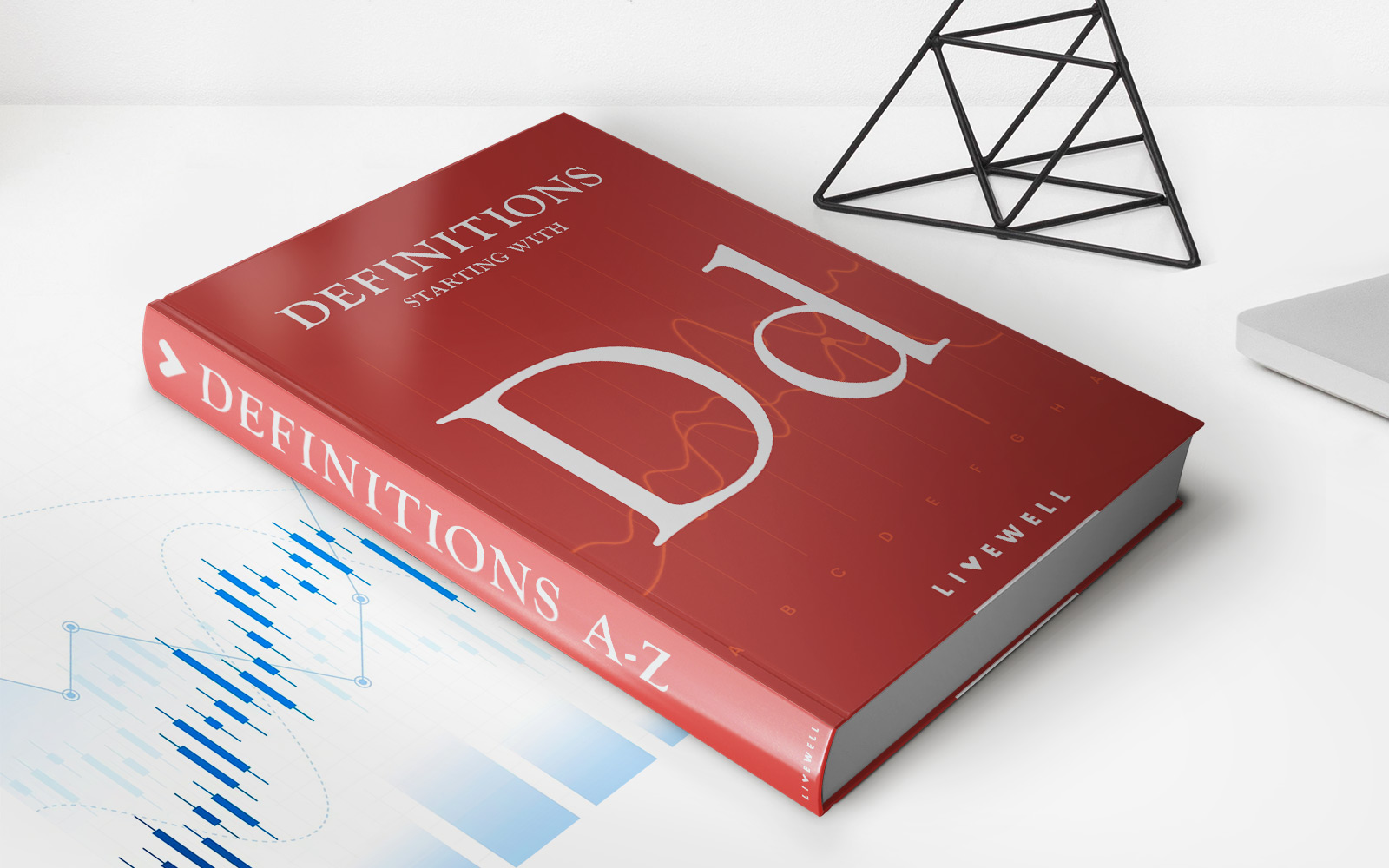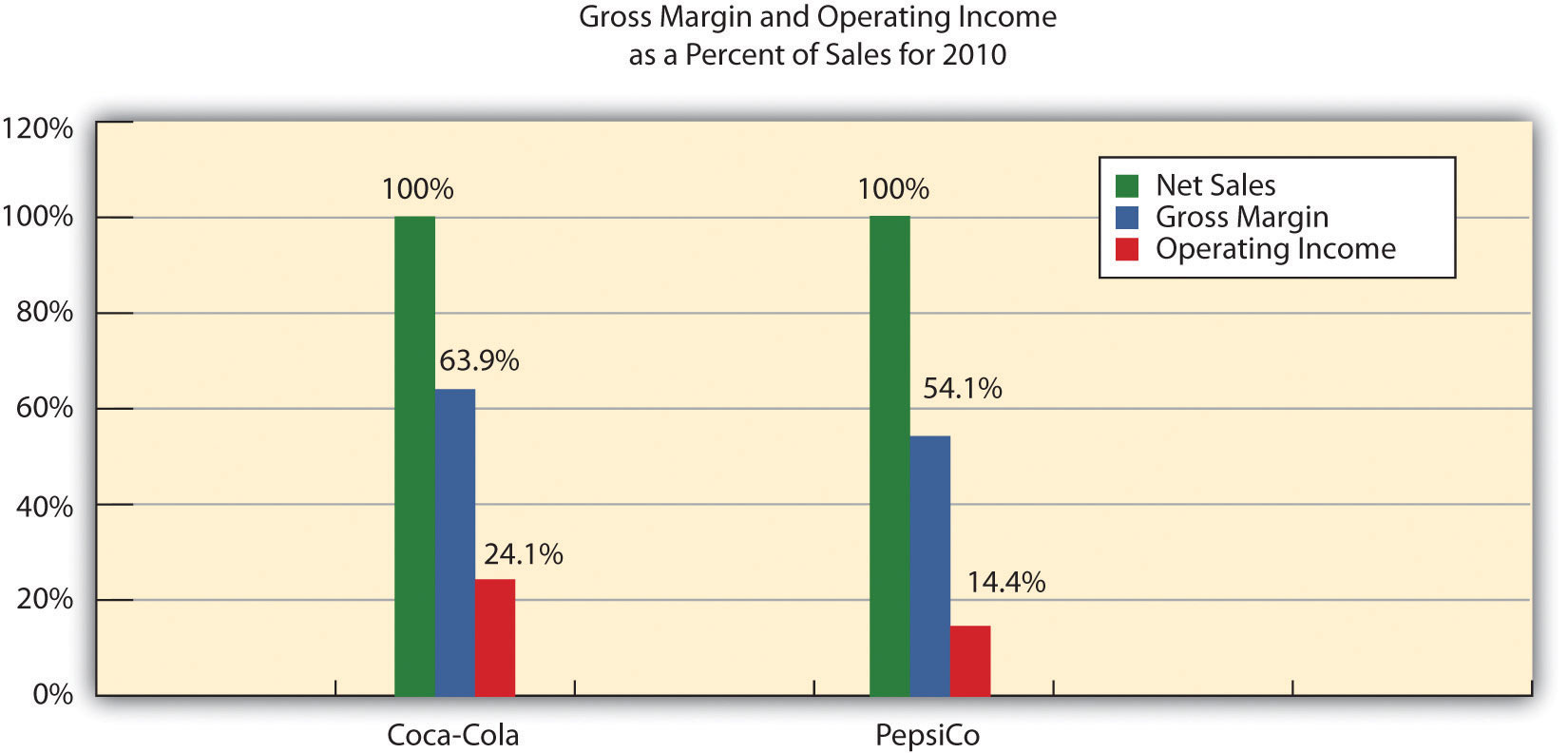

Finance
How To Pay A Car Payment With A Credit Card
Published: October 27, 2023
Learn how to easily pay your car payment using a credit card and manage your finances efficiently.
(Many of the links in this article redirect to a specific reviewed product. Your purchase of these products through affiliate links helps to generate commission for LiveWell, at no extra cost. Learn more)
Table of Contents
- Introduction
- Benefits of Paying a Car Payment with a Credit Card
- Potential Drawbacks of Paying a Car Payment with a Credit Card
- Tips for Paying a Car Payment with a Credit Card
- Step-by-Step Guide to Paying a Car Payment with a Credit Card
- How to Choose the Right Credit Card for Paying Car Payments
- Frequently Asked Questions (FAQs)
- Conclusion
Introduction
When it comes to managing your finances, being able to pay your car payment with a credit card can offer several advantages. Not only does it provide convenience and flexibility in your monthly payments, but it also allows you to potentially earn rewards or cash back on your credit card purchases. However, before you dive into using your credit card for car payments, it’s important to understand the benefits and potential drawbacks involved.
In this article, we will explore the benefits of paying a car payment with a credit card, discuss potential drawbacks to consider, and provide you with useful tips on how to navigate this payment method. Additionally, we will guide you through a step-by-step process of paying your car payment with a credit card, and offer insights on how to choose the right credit card for this purpose.
Whether you’re looking to streamline your monthly payments, take advantage of credit card rewards, or simply have more control over your finances, paying your car payment with a credit card can be a viable option. Let’s delve deeper into the advantages and considerations associated with this payment method.
Benefits of Paying a Car Payment with a Credit Card
Paying your car payment with a credit card can offer several advantages for savvy consumers. Here are some key benefits to consider:
- Rewards and Cash Back: One of the biggest advantages of using a credit card for car payments is the potential to earn rewards or cash back. Many credit cards offer reward programs where you can accumulate points or cash back on every purchase you make. By paying your car payment with a credit card, you can earn valuable rewards and make your payments work for you.
- Convenience and Flexibility: Using a credit card to pay your car payment provides convenience and flexibility. You can set up automatic payments or make manual payments online, giving you control over when and how you pay. Additionally, if you have multiple credit cards, you can choose the one that offers the most favorable terms or rewards.
- Build Credit History: Consistently making on-time payments with your credit card can help build your credit history. By using your credit card for your car payment and paying it off each month, you demonstrate responsible credit card usage, which can positively impact your credit score.
- Protection and Security: Credit cards often come with built-in protection against fraudulent activity. If there are any unauthorized charges, you can dispute them with your credit card issuer, potentially saving you from financial loss. This added security can provide peace of mind when making larger payments like your car payment.
- Organized and Consolidated Payments: By using a credit card for your car payment, you can consolidate your monthly bills into a single payment. This can make it easier to track and manage your expenses, especially if you have multiple monthly payments to keep track of.
These benefits make paying your car payment with a credit card an attractive option for many individuals. However, it’s important to keep in mind that there may be potential drawbacks to consider before incorporating this payment method into your financial routine. Let’s explore these potential drawbacks in the next section.
Potential Drawbacks of Paying a Car Payment with a Credit Card
While there are advantages to using a credit card for car payments, it’s essential to be aware of the potential drawbacks associated with this payment method. Consider the following factors before deciding if paying your car payment with a credit card is the right choice for you:
- Interest Rates: Credit cards often come with high-interest rates compared to traditional car loans. If you’re unable to pay off your credit card balance in full each month, the interest charges can add up quickly, potentially costing you more in the long run.
- Additional Fees: Some credit cards may charge additional fees for certain transactions, such as balance transfers or cash advances. Be sure to review the terms and conditions of your credit card to understand any potential fees that may apply when using it for car payments.
- Credit Utilization Ratio: Using a significant portion of your available credit limit on your credit card for your car payment can increase your credit utilization ratio. This ratio compares the amount of credit you use to your total available credit. If your credit utilization ratio is too high, it can negatively impact your credit score.
- Missed Rewards: If your car loan provider does not accept credit card payments or charges a convenience fee for using a credit card, you may miss out on earning rewards or cash back. Before making your car payment with a credit card, confirm with your lender if credit card payments are accepted and inquire about any associated fees.
- Potential Debt Accumulation: Paying your car payment with a credit card can lead to potential debt accumulation if you don’t manage your credit card payments responsibly. It’s important to have a budget in place and ensure that you can pay off your credit card balance in full each month.
Considering these potential drawbacks, it’s crucial to carefully weigh the benefits and drawbacks before deciding to pay your car payment with a credit card. However, with some planning and responsibility, you can mitigate these risks and take advantage of the benefits this payment method offers.
Tips for Paying a Car Payment with a Credit Card
If you’ve decided to pay your car payment with a credit card, here are some helpful tips to ensure a smooth and responsible payment process:
- Confirm Acceptance: Before making your car payment with a credit card, make sure your car loan provider accepts credit card payments. Some lenders may not accept credit card payments or may charge a convenience fee for using a credit card.
- Create a Budget: Set a budget to ensure you have enough funds to cover your credit card payment each month. This will help you avoid accumulating unnecessary debt and potential interest charges.
- Pay in Full: Whenever possible, pay off your credit card balance in full each month to avoid interest charges. If you carry a balance, the high-interest rates associated with credit cards can negate the benefits of paying with a credit card.
- Choose the Right Credit Card: Select a credit card that aligns with your goals and financial needs. Look for credit cards that offer rewards or cash back programs that can maximize the benefits of using a credit card for your car payment.
- Set Up Automatic Payments: Consider setting up automatic payments for your car payment on your credit card. This can help ensure that you never miss a payment and avoid any late payment fees.
- Monitor Your Credit Card Activity: Regularly review your credit card statements to track your car payment and other expenses. This will help you identify any unauthorized charges and keep your finances in check.
- Keep Your Credit Utilization Ratio in Check: Be mindful of your credit utilization ratio, which compares your credit card balance to your total credit limit. Aim to keep this ratio below 30% to maintain a healthy credit score.
- Pay On Time: Ensure that you make your credit card payment on time each month. Late payments can lead to fees, increased interest rates, and potential damage to your credit score.
By following these tips, you can effectively manage your car payment with a credit card while maximizing the benefits and minimizing potential drawbacks. Always prioritize responsible credit card usage and stay mindful of your financial goals.
Step-by-Step Guide to Paying a Car Payment with a Credit Card
If you’re ready to start paying your car payment with a credit card, follow these simple steps:
- Confirm Acceptance: Contact your car loan provider to verify if they accept credit card payments. Inquire about any associated fees, such as convenience charges, that may apply.
- Select the Right Credit Card: Choose a credit card that offers favorable rewards or cash back programs. Consider factors like interest rates, credit limit, and any promotional offers that may enhance your benefits.
- Set Up Automatic Payments: Log in to your credit card account and set up automatic payments for your car payment. This will ensure that your payment is made on time each month and can help you avoid any late payment fees.
- Input Car Loan Details: Enter your car loan details, including your lender’s name, account number, and payment amount, into your credit card’s automatic payment system.
- Choose Payment Frequency: Select the frequency at which you’d like your car payment to be made, such as monthly or bi-monthly. Ensure that the payment schedule aligns with your car loan repayment terms.
- Review and Confirm: Take a moment to review the details of your automatic payment setup. Double-check that the payment amount and frequency are accurate before confirming the setup.
- Monitor Credit Card Statements: Regularly review your credit card statements to ensure that your car payment is being processed correctly. Keep track of your payment dates and amounts to stay on top of your financial obligations.
- Track Credit Card Rewards: Monitor the rewards or cash back you’re earning from your credit card. Take advantage of any bonus categories or promotional offers that can help you maximize your benefits.
- Stay Responsible: Continue practicing responsible credit card usage. Pay off your credit card balance in full each month, maintain a budget, and monitor your credit utilization to keep your finances in check.
By following these step-by-step instructions, you can easily set up and manage your car payment with a credit card. Keep in mind that each credit card issuer may have slightly different procedures, so refer to your credit card’s specific guidelines for further guidance.
How to Choose the Right Credit Card for Paying Car Payments
Choosing the right credit card for paying your car payments is essential to maximize the benefits and rewards you can earn. Here are some factors to consider when selecting a credit card for this purpose:
- Rewards Program: Look for credit cards that offer rewards or cash back programs that align with your financial goals. Choose a card that provides rewards applicable to your lifestyle and spending habits.
- Interest Rates: Pay attention to the interest rates associated with the credit card. If you plan to carry a balance, opting for a credit card with a lower interest rate can help minimize interest charges.
- Credit Limit: Consider the credit limit of the credit card. Ensure it is sufficient to cover your car payment while leaving room for other necessary expenses. A higher credit limit gives you more flexibility.
- Annual Fees: Determine if the credit card charges an annual fee. If so, assess whether the potential benefits and rewards outweigh the cost of the fee. Some credit cards waive the annual fee for the first year.
- Introductory Offers: Check if the credit card offers any introductory offers, such as 0% APR for a certain period or bonus rewards. These offers can provide additional benefits, especially if you plan to make a large car payment initially.
- Customer Service: Consider the customer service reputation of the credit card issuer. Look for a credit card from a reputable company known for excellent customer service and a responsive support system.
- Additional Card Benefits: Explore any additional benefits the credit card may offer, such as purchase protection, extended warranty, or travel insurance. These perks can add value beyond just using the card for car payments.
- Fees and Charges: Review the credit card’s terms and conditions to understand any potential fees or charges that may apply, such as foreign transaction fees or balance transfer fees.
- Credit Score Consideration: Some credit cards have specific credit score requirements. If your credit score is less than optimal, focus on credit cards that are more accessible to you without any negative impact on your credit score.
Take the time to compare different credit card options and weigh the benefits and costs associated with each. Consider your financial goals, spending habits, and creditworthiness to find the credit card that best suits your needs. Remember to always read the fine print and understand the terms and conditions before applying.
By choosing the right credit card, you can maximize your rewards and benefits while paying your car payments conveniently and efficiently.
Frequently Asked Questions (FAQs)
Here are answers to some common questions about paying car payments with a credit card:
- Can I pay my car payment with any credit card?
- Will paying my car payment with a credit card affect my credit score?
- Can I earn rewards or cash back on my car payment?
- Are there any fees for paying my car payment with a credit card?
- What should I do if my credit card payment is declined?
- What happens if I miss a payment?
It depends on your car loan provider. Some lenders may not accept credit card payments or may charge a convenience fee for using a credit card. Contact your provider to confirm their payment options.
Paying your car payment with a credit card can impact your credit score both positively and negatively. Consistently making on-time payments can help build your credit history. However, using a significant portion of your available credit limit can increase your credit utilization ratio, which may have a negative effect on your score.
Yes, paying your car payment with a credit card can allow you to earn rewards or cash back, depending on the credit card’s rewards program. However, not all car loan providers accept credit card payments, so confirm with your provider if you can earn rewards before making your payment.
Some car loan providers may charge a convenience fee for using a credit card. Additionally, certain credit cards may have fees associated with specific transactions, such as balance transfers or cash advances. It’s important to review your credit card terms and check with your car loan provider for any applicable fees.
If your credit card payment is declined, contact your credit card issuer to understand the reason for the decline. Ensure that you have enough available credit, and that your payment details, including the amount and account number, are entered correctly. Alternatively, you may need to consider making the payment through an alternative method.
Missing a payment can have various consequences, including late payment fees, increased interest rates, and potential damage to your credit score. It’s important to make your credit card payment on time each month to avoid these negative impacts. Set up reminders or automatic payments to help you stay on track.
These are general answers to frequently asked questions about paying car payments with a credit card. It’s important to consult with your car loan provider and credit card issuer for specific details and guidelines regarding your individual circumstances.
Conclusion
Paying your car payment with a credit card can provide convenience, flexibility, and the opportunity to earn rewards or cash back. However, it’s important to weigh the benefits and drawbacks before incorporating this payment method into your financial routine.
By paying attention to factors like interest rates, fees, credit card rewards, and credit utilization, you can make an informed decision when choosing the right credit card for your car payments. Setting up automatic payments and staying responsible with your credit card usage will help ensure a smooth and efficient payment process.
Remember to communicate with your car loan provider to verify their acceptance of credit card payments and any associated fees. Additionally, monitor your credit card statements closely to track your car payment and rewards activity.
In conclusion, paying your car payment with a credit card can be a viable option to streamline and manage your finances. With careful consideration, responsible usage, and a well-chosen credit card, you can make your car payments work for you and enhance your overall financial journey.
